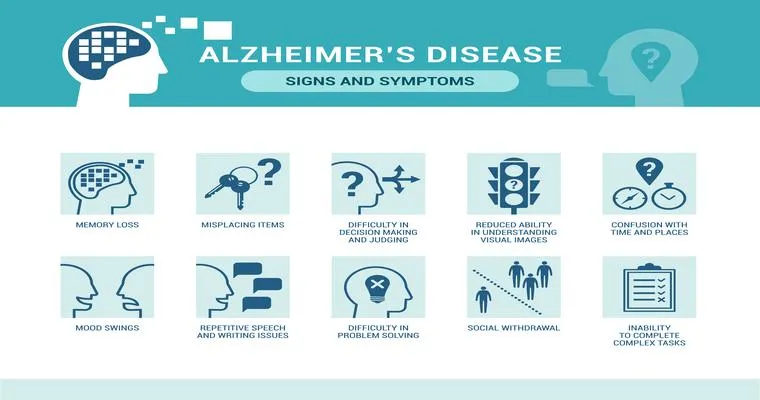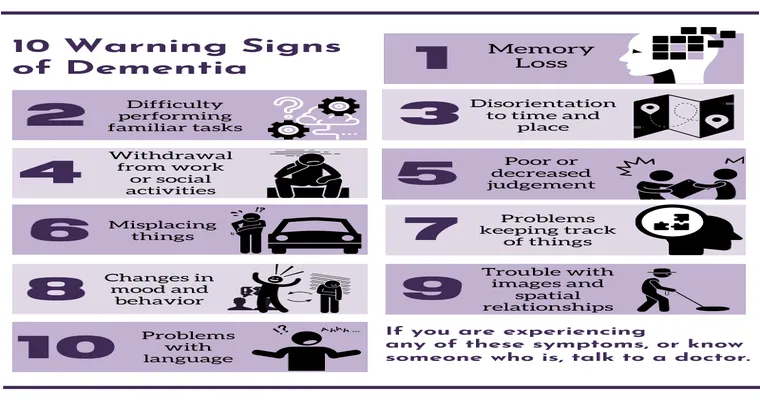Alzheimer's disease is a progressive neurological disorder that primarily affects "memory", "thinking", and "behavior". One of the most distressing aspects of this condition is how it leads to "memory loss". Understanding how "memory loss" happens with Alzheimer’s can help patients, caregivers, and families navigate the challenges posed by this disease.
Alzheimer's disease typically begins with mild memory loss, often manifesting as forgetfulness. Individuals may misplace items, forget names, or struggle to recall recent conversations. As the disease advances, the "memory" impairment becomes more pronounced, affecting not only short-term memory but also long-term memories. This is primarily due to the degeneration of neurons in the brain, which disrupts the connections necessary for processing and retrieving information.
The hallmark of Alzheimer's is the accumulation of "amyloid plaques" and "tau tangles" in the brain. These abnormal structures disrupt communication between brain cells and ultimately lead to cell death. The regions of the brain that are most affected include the hippocampus and cerebral cortex, which are critical for forming and retrieving memories. As these areas deteriorate, individuals may find it increasingly difficult to remember recent events or learn new information.
In the early stages of Alzheimer's, individuals may experience "mild cognitive impairment", characterized by noticeable memory loss but still capable of performing daily activities. As the disease progresses to moderate and severe stages, individuals may lose the ability to recognize loved ones, forget personal histories, and even become disoriented about time and place. This profound memory loss not only affects the person with Alzheimer’s but also their family and friends, who may struggle to cope with the changes in their loved one.
The impact of memory loss in Alzheimer's is often compounded by emotional and behavioral changes. Patients may experience confusion, anxiety, and depression, further aggravating their cognitive decline. Caregivers often face significant emotional strain as they witness the gradual loss of their loved ones' identities.
Research continues to explore potential treatments for Alzheimer’s, focusing on slowing the progression of memory loss and enhancing the quality of life for those affected. Early diagnosis and intervention can play a crucial role in managing symptoms and providing support for both patients and caregivers.
In conclusion, understanding how "memory loss" occurs with Alzheimer’s disease is essential for creating awareness and fostering empathy. By recognizing the signs and stages of memory impairment, we can better support those living with Alzheimer’s and work towards finding effective solutions for this challenging condition.





